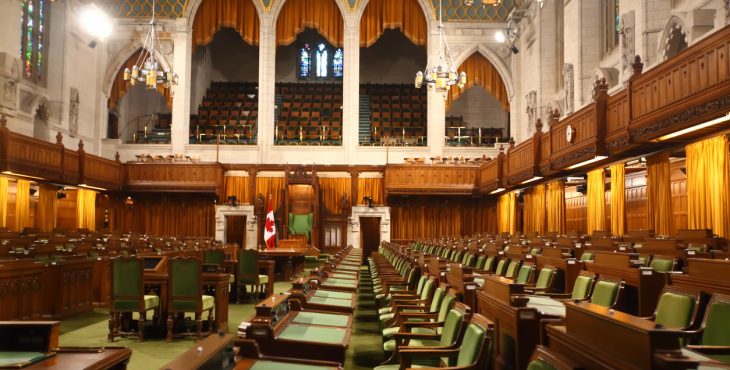
Homeowners fearing sweeping measures that could have over-corrected the housing market likely breathed a sigh of relief on Monday after hearing the details of the federal budget.
Despite growing calls from numerous bank analysts in recent weeks for the need to tax the sale of principal residences, in some form or another, the government left the primary residence capital gains exemption untouched.
One key housing measure introduced in Finance Minister Chrystia Freeland’s first budget was a 1% vacant property tax to be levied on properties owned by non-residents. The tax will take effect January 1, 2022, and the government says it anticipates $700 million in revenue over four years starting in 2022-23.
“The idea here is that homes are for Canadians to live in…They are not assets for parking offshore money,” Freeland told reporters after tabling the budget.
But critics suggested the tax is likely to be ineffective at stopping non-resident money from entering the country.
The budget also earmarks $3.8 billion to accelerate the building, repairing and support of 35,000 affordable housing units, with $2.5 billion of that specifically earmarked for the Canada Mortgage and Housing Corporation (CMHC).
Government Takes a Hands-Off Approach to Housing
After months of strong house price gains and dwindling housing inventory, which has been putting the pressure on first-time buyers, there were expectations that the federal government might respond with policies aimed at cooling the market.
Just last week, the Canadian Real Estate Association reported a 31.6% annual gain in the national average home price, which hit a new record high of $716,828.
“Notably absent [from the budget] were demand-side measures addressing skyrocketing prices and climbing indebtedness,” wrote senior RBC economist Josh Nye.
The government also chose not to align the insured stress test (under the jurisdiction of the Department of Finance) with the recent proposal to tighten the uninsured mortgage stress test, announced last week by the Office of the Superintendent of Financial Institutions.
Also absent was any announcement of a revamped First-Time Home Buyers Incentive (FTHBI), which CMHC said recently is still expected this spring.
First announced late last year, the proposed changes would mean first-time buyers in Toronto, Vancouver and Victoria could use the shared-equity program to purchase a home up to 4.5 times their household income. The government estimated that would raise the maximum house price eligible under the program to $722,999 from its current $505,000 in those markets.
“The government resisted stoking demand by helping first-time buyers…” Hogue wrote.
Mortgage Professionals Canada, the country’s national mortgage broker association, released a statement to members saying it was supportive of the initiatives announced.
“Our continual focus has been on ensuring aspiring first-time homebuyers and the supply side issues in housing aren’t ignored in this budget and future policy discussions. They are essential to Canada’s economy,” MPC noted.
“While the measures announced today that impact the housing market may be moderate responses, MPC is supportive of these initiatives and will be engaging policymakers and fellow stakeholders in the coming weeks.”



